
Lakatoro: The Heartbeat of Malekula Island
Lakatoro, the administrative center of Malekula Island, is a hidden gem in the archipelago of Vanuatu. This small but vibrant town serves as a gateway to the island's rich cultural tapestry and stunning natural beauty. From its local markets to its historical sites, Lakatoro offers an authentic glimpse into the daily lives of the Ni-Vanuatu people. The town is home to the local government offices, a hospital, and several schools, making it the bustling hub of Malekula. Visitors can explore the local market, where vendors sell fresh produce, handmade crafts, and traditional foods. The market is a great place to experience the local culture and interact with the friendly residents. Lakatoro is also a starting point for many cultural tours and outdoor adventures. The island of Malekula is known for its unique customs and traditions, including the famous Small Nambas and Big Nambas tribes. Guided tours offer visitors a chance to learn about these tribes, their history, and their way of life. For nature enthusiasts, the surrounding landscapes offer opportunities for hiking, bird watching, and exploring pristine beaches. Whether you're interested in culture, history, or nature, Lakatoro provides a rich and rewarding experience. Its serene atmosphere and welcoming community make it a must-visit destination for anyone traveling to Vanuatu.
Local tips in Lakatoro
- Visit the local market early in the morning for the freshest produce and handmade crafts.
- Take a guided tour to learn about the unique customs of the Small Nambas and Big Nambas tribes.
- Pack light, breathable clothing, as the climate is tropical and can be quite humid.
- Don't forget to bring insect repellent, especially if you plan to explore the outdoors.
- Respect local customs and traditions, especially when visiting tribal areas.
- Renting a local guide can enhance your experience and help you navigate the area more easily.
Lakatoro: The Heartbeat of Malekula Island
Lakatoro, the administrative center of Malekula Island, is a hidden gem in the archipelago of Vanuatu. This small but vibrant town serves as a gateway to the island's rich cultural tapestry and stunning natural beauty. From its local markets to its historical sites, Lakatoro offers an authentic glimpse into the daily lives of the Ni-Vanuatu people. The town is home to the local government offices, a hospital, and several schools, making it the bustling hub of Malekula. Visitors can explore the local market, where vendors sell fresh produce, handmade crafts, and traditional foods. The market is a great place to experience the local culture and interact with the friendly residents. Lakatoro is also a starting point for many cultural tours and outdoor adventures. The island of Malekula is known for its unique customs and traditions, including the famous Small Nambas and Big Nambas tribes. Guided tours offer visitors a chance to learn about these tribes, their history, and their way of life. For nature enthusiasts, the surrounding landscapes offer opportunities for hiking, bird watching, and exploring pristine beaches. Whether you're interested in culture, history, or nature, Lakatoro provides a rich and rewarding experience. Its serene atmosphere and welcoming community make it a must-visit destination for anyone traveling to Vanuatu.
When is the best time to go to Lakatoro?
Iconic landmarks you can’t miss
Evergreen Cascades Waterfall
Experience the breathtaking Evergreen Cascades Waterfall in Vanuatu, a natural wonder surrounded by lush greenery and vibrant wildlife.
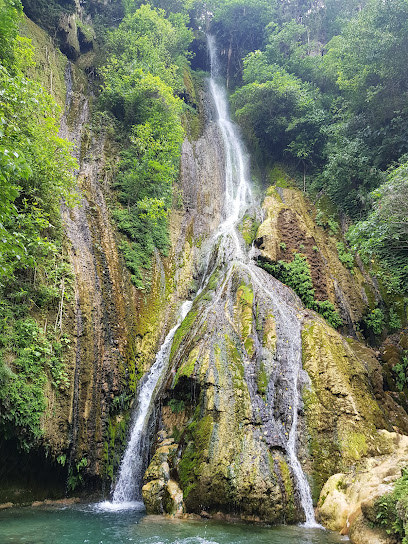
Vanuatu National Museum
Explore the rich cultural heritage of Vanuatu at the National Museum, showcasing art, history, and traditions of the islands.
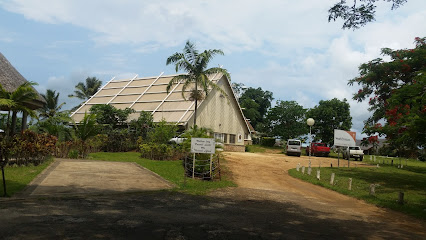
Nanda Blue Hole
Discover the Nanda Blue Hole in Vanuatu, a stunning natural attraction offering crystal-clear waters, vibrant marine life, and unparalleled relaxation in a tropical paradise.
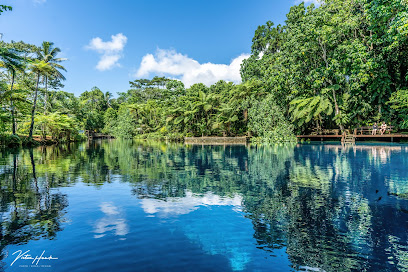
Matevulu Blue Hole
Experience the mesmerizing beauty of Matevulu Blue Hole, a natural wonder in Vanuatu offering swimming, snorkeling, and unforgettable tranquility.
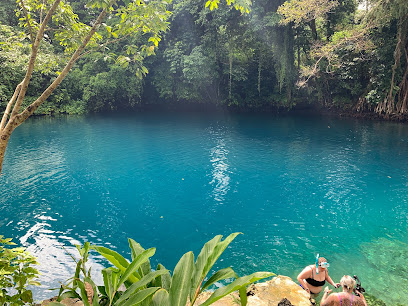
Million Dollar Point
Explore the submerged wonders at Million Dollar Point, a unique blend of history and vibrant marine life in Luganville, Vanuatu.
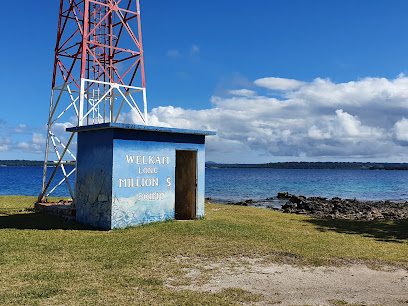
Millennium Cave
Explore Millennium Cave, a stunning hiking area in Fwimatal, Vanuatu, where adventure meets breathtaking natural beauty.
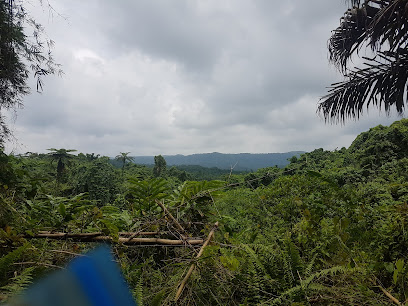
Freshwater Plantation - Aore Island
Experience the enchanting beauty of Freshwater Plantation on Aore Island, where nature, culture, and relaxation unite in Vanuatu's paradise.
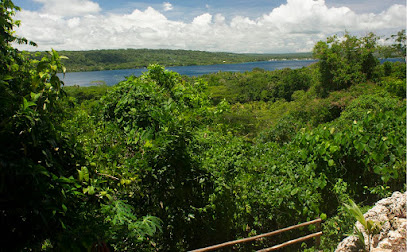
Ekasup Cultural Village
Discover the heart of Vanuatu at Ekasup Cultural Village, where vibrant traditions and rich history come to life in an unforgettable cultural experience.
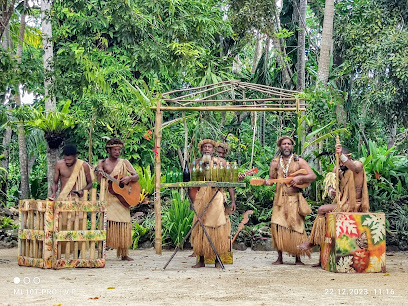
Vanuatu Cultural Centre
Discover the vibrant heritage and traditions of Vanuatu at the Cultural Centre in Port Vila, a gateway to the islands’ cultural richness.
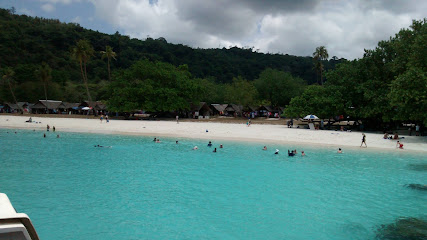
Lololima waterfalls
Discover the stunning Lololima Waterfalls in Montmartre, a hidden natural gem ideal for adventure seekers and nature lovers alike.
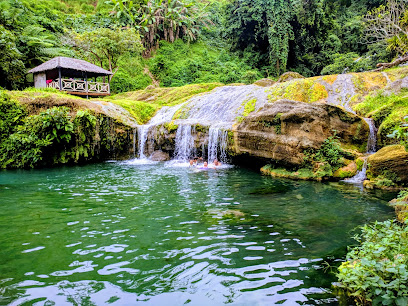
Luganville Baptist Church
Explore the Luganville Baptist Church, a serene spiritual haven that embodies the warmth and community spirit of Vanuatu.
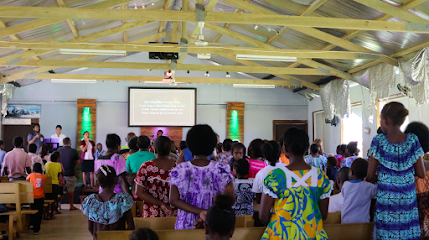
Chief Roi Mata’s Domain
Explore the UNESCO-listed Chief Roi Mata’s Domain in Vanuatu, where history, culture, and natural beauty converge in a unique travel experience.
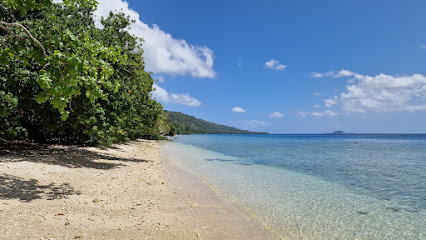
Lakatoro Palm Lodge
Experience the tranquility and cultural richness of Vanuatu at Lakatoro Palm Lodge, your serene escape in Malekula's lush landscapes.
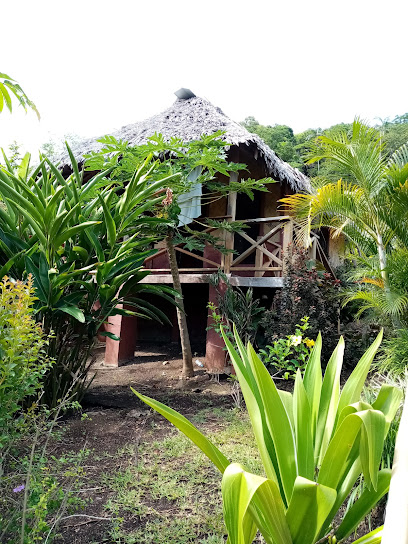
Island Experience Vanuatu
Explore the stunning beauty and vibrant culture of Vanuatu with Island Experience, your trusted tour agency in Lakatoro Malekula.
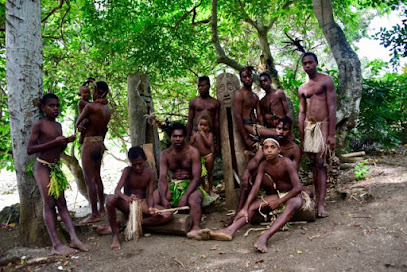
Essential places to dine
The Beach Bar
Discover family-friendly fun at The Beach Bar in Mele, Vanuatu – where stunning ocean views meet delicious cuisine!
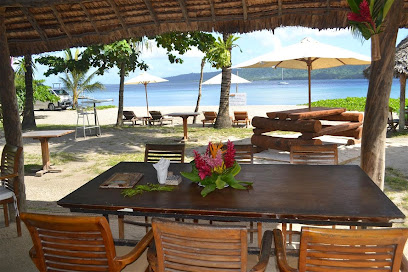
The Stonegrill Restaurant
Experience a unique dining adventure at The Stonegrill Restaurant in Port Vila with sizzling meals cooked right at your table.
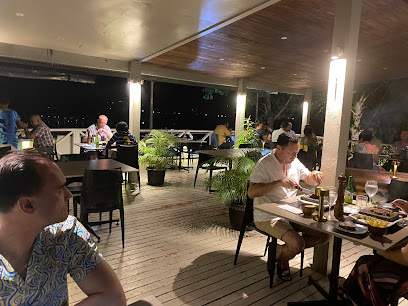
Waterfront Bar and Grill
Experience exquisite local cuisine with stunning ocean views at Waterfront Bar and Grill in Port Vila.
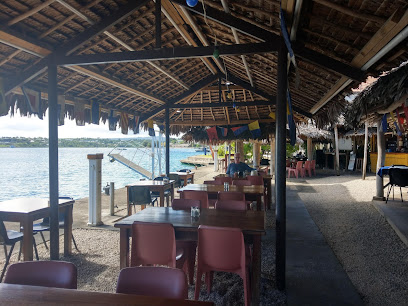
Rossi's
Discover Rossi's in Port Vila for an unforgettable dining experience featuring local flavors and exquisite coffee amidst vibrant island culture.
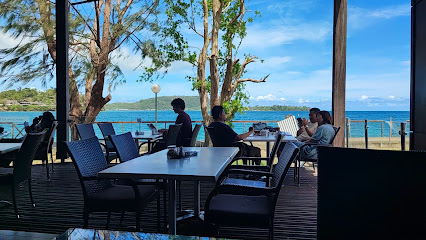
Reefers Restaurant & Rum Bar
Discover culinary delights at Reefers Restaurant & Rum Bar in Port Vila – where vibrant flavors meet stunning ocean views.
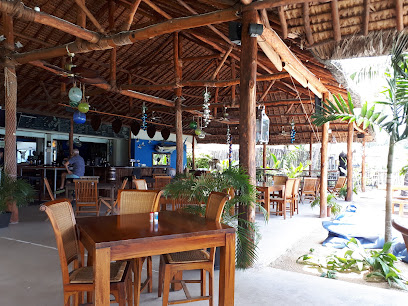
L'Houstalet Restaurant
Experience authentic French cuisine at L'Houstalet Restaurant in Port Vila – where every meal tells a story!
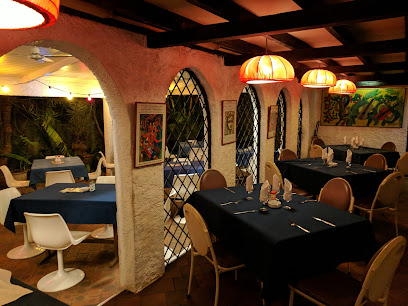
Cafe Vila
Discover Café Vila in Port Vila: Where Local Cuisine Meets Stunning Ocean Views for an Unforgettable Dining Experience.
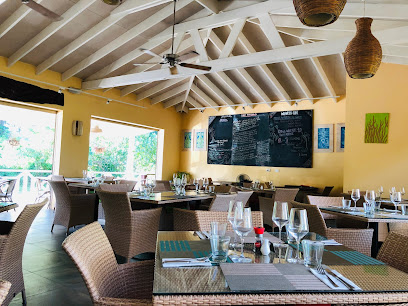
Kesorn‘s Exotic Thai Restaurant
Discover authentic Thai cuisine at Kesorn's Exotic Thai Restaurant in Port Vila - where every dish tells a story.
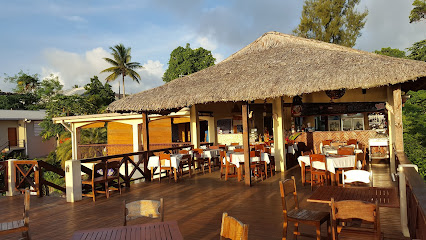
Pizza Hot AU Faré
Experience the taste of authentic pizza at Pizza Hot AU Faré in Port Vila – where fresh ingredients meet local charm.
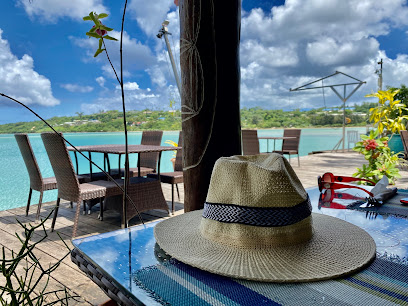
Brewery Bar & Restaurant
Experience the vibrant culinary scene at Brewery Bar & Restaurant in Port Vila - where great food meets tropical vibes.
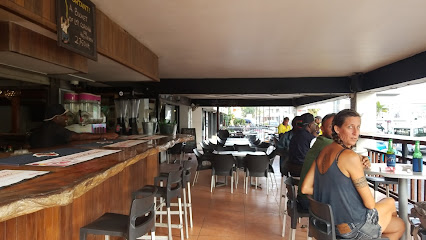
Three Pigs
Experience local flavors and breathtaking views at Three Pigs Restaurant & Bar in Port Vila - a must-visit culinary destination.
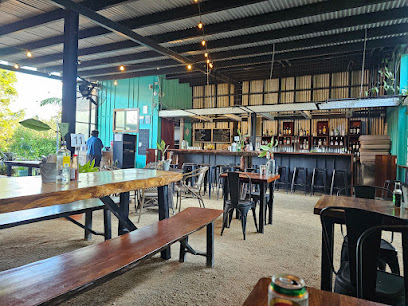
HARBOUR VIEW
Experience exquisite dining with breathtaking views at Harbour View in Port Vila - a culinary gem that showcases Vanuatu's flavors.
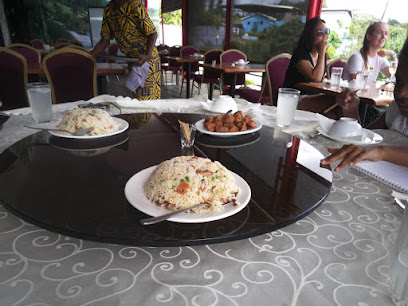
Chez Louis Restaurant
Experience the best of Vanuatu's culinary scene at Chez Louis Restaurant on Champagne Coast Road with stunning ocean views.
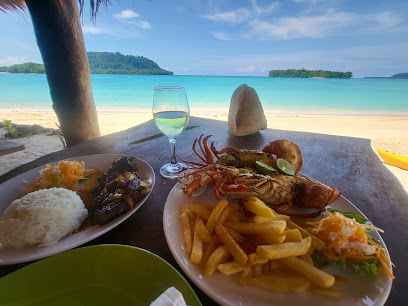
Chill Restaurant
Experience the vibrant flavors of Port Vila at Chill Restaurant, where local ingredients meet international cuisine in a tropical paradise.
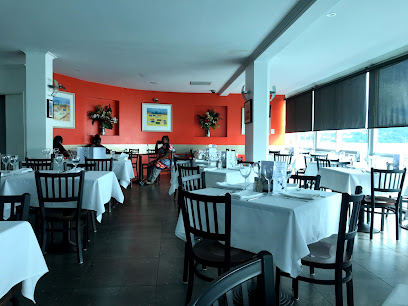
Ristorante Casa Mia
Experience authentic Italian flavors at Ristorante Casa Mia in Port Vila, where every dish is crafted with love and tradition.
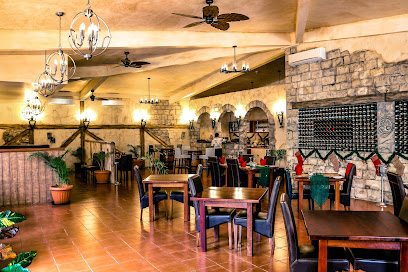
Markets, malls and hidden boutiques
Lakatoro Trading Centre
Discover the heart of Lakatoro at the vibrant Trading Centre, where local culture, crafts, and cuisine come together in a unique shopping experience.
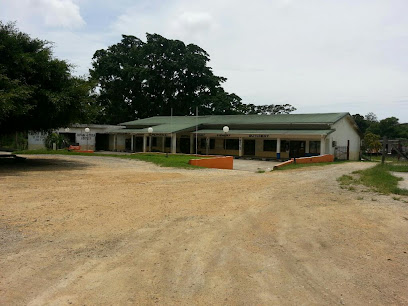
Lakatoro Consumer Cooperative
Discover local treasures at Lakatoro Consumer Cooperative, a vibrant general store showcasing Vanuatu’s culture and community spirit.
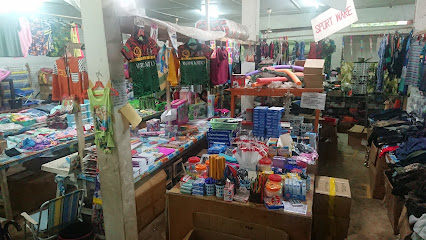
Lopo Store
Explore the local flavors and everyday essentials at Lopo Store, the charming grocery store in Luganville, Vanuatu.
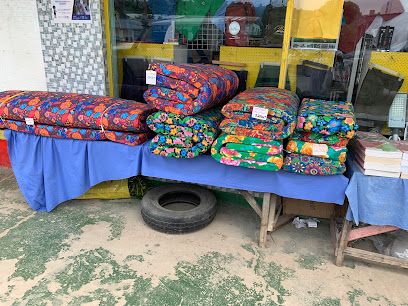
Tousi Cooperative Store
Experience the vibrant culture of Vanuatu at Tousi Cooperative Store in Magam—your destination for authentic local products and souvenirs.

Tautu Shopping Center
Explore Tautu Shopping Center in Norsup for all your convenience needs: snacks, essentials, and local treasures await you!
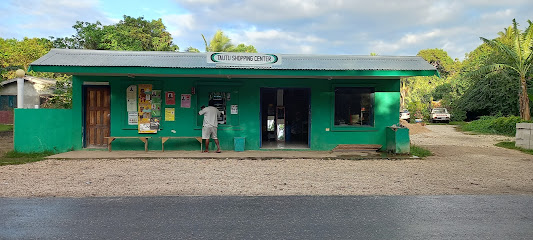
Wong Sze Sing Store
Explore local flavors and essentials at Wong Sze Sing Store, your go-to grocery store in Luganville, Vanuatu.
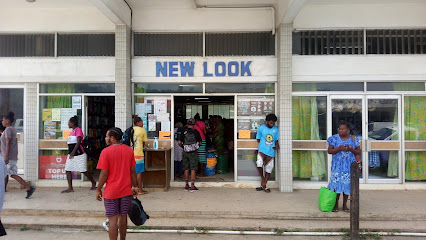
Endu Shopping Center
Explore the vibrant Endu Shopping Center in Pahakol for unique local crafts, souvenirs, and an immersive shopping experience in Vanuatu.

Malampa Butcher and Fish Market
Experience the vibrant flavors of Vanuatu at Malampa Butcher and Fish Market, a top destination for fresh local produce in Lakatoro.

Malampa Handicraft Centre
Explore unique handcrafted treasures at Malampa Handicraft Centre, a vibrant community hub celebrating local artisans and Vanuatu's rich cultural heritage.

Lamber Store
Explore Lamber Store in Lakatoro for unique handcrafted goods reflecting Vanuatu's rich culture and artistry, perfect for memorable souvenirs.

Malekula Community Store
Explore local culture and shop for unique Malekula crafts at the Malekula Community Store in Lakatoro.

VETAN
Explore VETAN in Lakatoro for unique home goods reflecting Vanuatu's vibrant culture and craftsmanship.

Lakatoro Video Store
Explore Vanuatu's culture through cinema at Lakatoro Video Store, where local stories and international films come to life.

K.C. Co. General Trading
Explore Lakatoro's vibrant culture at K.C. Co. General Trading, your go-to general store for essentials and unique local treasures.

Pim Trading
Explore the heart of Lakatoro at Pim Trading, where local goods and friendly service meet for an unforgettable shopping experience.
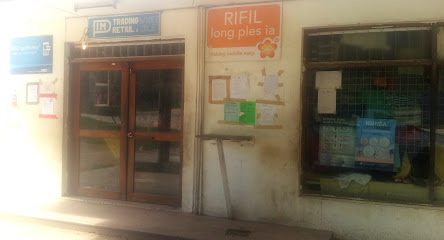
Essential bars & hidden hideouts
War Horse Saloon
Discover the lively nightlife of Port Vila at War Horse Saloon, a local favorite for drinks, music, and vibrant island culture.
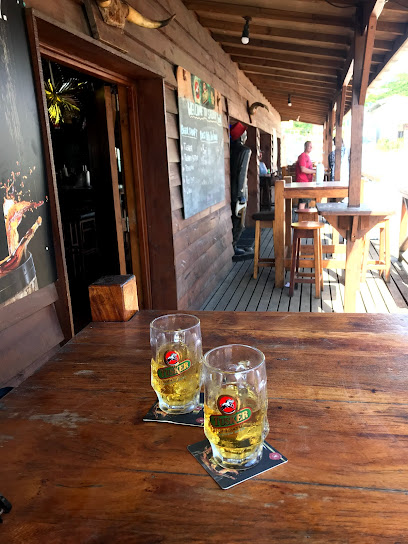
RK Indian Restaurant & Bar
Experience authentic Indian cuisine in Luganville at RK Indian Restaurant & Bar, where vibrant flavors and warm hospitality meet.
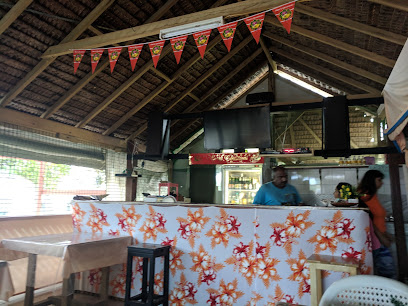
smugglers Seafood Restaurant & Bar
Discover the flavors of the Pacific at Smugglers Seafood Restaurant & Bar in Luganville, where fresh seafood meets stunning views.
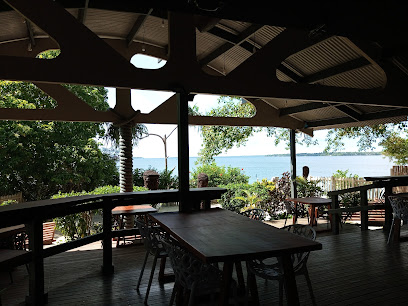
Stone Lounge
Discover the vibrant atmosphere and innovative cocktails at Stone Lounge, the premier cocktail bar in Port Vila, Vanuatu.
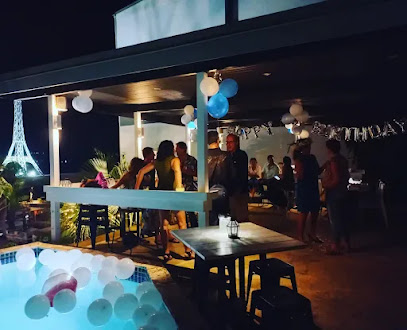
Starfish Beach Bar
Experience the laid-back vibes and breathtaking views at Starfish Beach Bar, a must-visit destination in Luganville, Vanuatu.
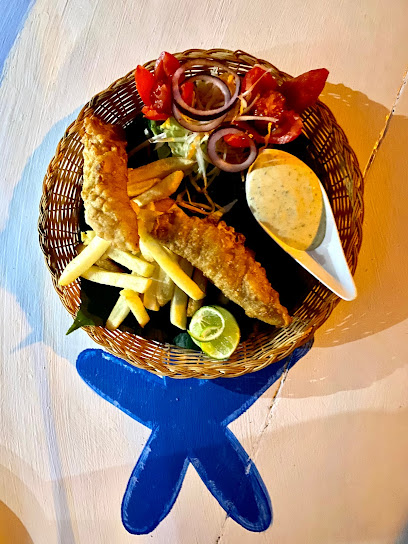
Mango Kava Bar
Experience the essence of Vanuatu at Mango Kava Bar, a perfect blend of relaxation and cultural immersion in Luganville.
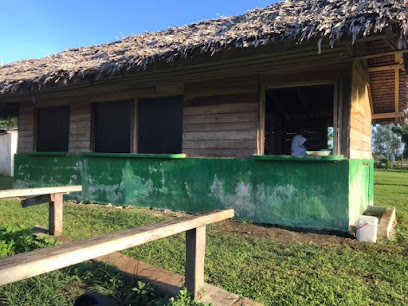
Nethung Restaurant
Experience authentic Vanuatu cuisine at Nethung Restaurant in Lakatoro, Malekula Island, where local flavors meet warm hospitality.
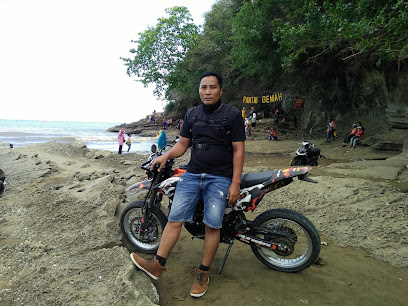
Red Corner Kava Bar
Unwind at Red Corner Kava Bar, where traditional Vanuatu kava meets a laid-back atmosphere in the heart of Luganville.

Coconut Crab Sanctuary
Explore the Coconut Crab Sanctuary in Luganville, a vital wildlife conservation site and a unique experience for nature enthusiasts.
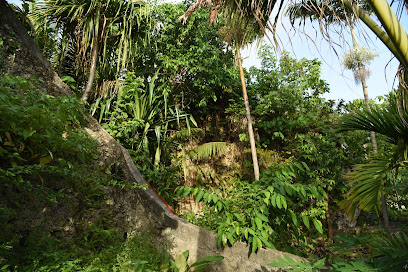
WW2 Million Dollar Point Bar & Cafe
Discover the rich history and stunning views at WW2 Million Dollar Point Bar & Cafe in Luganville, Vanuatu, where relaxation meets heritage.
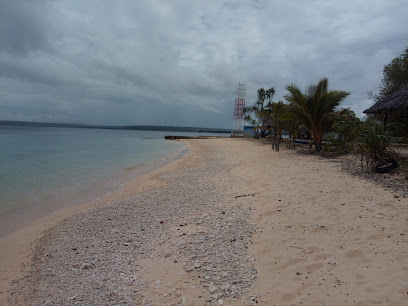
Totel Kava Bar
Experience the rich cultural heritage of Vanuatu at Totel Kava Bar in Luganville, where delightful kava and local hospitality await.

Lakatoro Palm Lodge
Discover the ultimate escape in Vanuatu at Lakatoro Palm Lodge, where relaxation meets adventure in a tropical paradise.
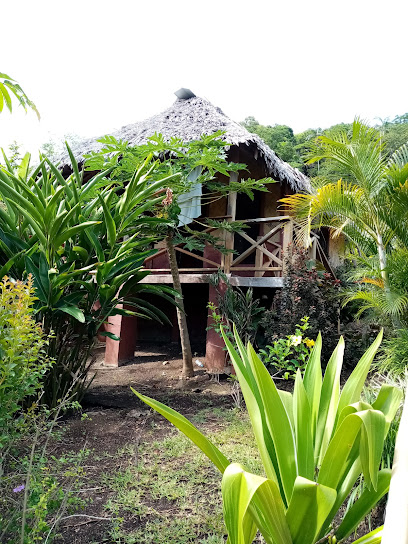
Temperere Kava bar
Discover the authentic taste of Vanuatu at Temperere Kava Bar, where kava and camaraderie create unforgettable experiences.

Cyclone Pam Kava Bar
Discover the essence of Vanuatu at Cyclone Pam Kava Bar, where tradition meets vibrant community spirit in Lakatoro.

Local Phrases
-
- HelloAlo
[ah-loh] - GoodbyeWele lam
[weh-leh lahm] - YesEo
[eh-oh] - NoTale
[tah-leh] - Please/You're welcomeTangis
[tahng-ees] - Thank youTankiu
[tahn-kyoo] - Excuse me/SorryFamle
[fahm-leh] - How are you?Yu statem?
[yoo stah-tehm] - Fine. And you?Hemia. Yu?
[heh-mee-ah. yoo?] - Do you speak English?Yu save toktok long Inglis?
[yoo sah-veh tohk-tohk lohng een-glees?] - I don't understandMi no save save
[mee noh sah-veh sah-veh]
- HelloAlo
-
- I'd like to see the menu, pleaseMi wantem lukim menyu, plis
[mee wan-tehm loo-keem meh-nyoo, plees] - I don't eat meatMi no kakae mit
[mee noh kah-kai meet] - Cheers!Livim
[lee-veem] - I would like to pay, pleaseMi wantem pei, plis
[mee wan-tehm pay, plees]
- I'd like to see the menu, pleaseMi wantem lukim menyu, plis
-
- Help!Helpem!
[hel-pehm!] - Go away!Go we
[goh weh] - Call the Police!Karem Polis!
[kah-rehm poh-lees!] - Call a doctor!Karem dokta!
[kah-rehm dohk-tah!] - I'm lostMi las
[mee lahs] - I'm illMi sik
[mee seek]
- Help!Helpem!
-
- I'd like to buy...Mi wantem baem...
[mee wan-tehm byem...] - I'm just lookingMi jes lukluk
[mee jehs look-look] - How much is it?I stap long hem?
[ee stahp lohng hehm?] - That's too expensiveHem ia bigfala moni
[hehm yah big-fah-lah moh-nee] - Can you lower the price?Yu save kisim prais iet?
[yoo sah-veh kee-seem prah-ees yet?]
- I'd like to buy...Mi wantem baem...
-
- What time is it?Hemia taem ia?
[heh-mee-ah tah-em yah?] - It's one o'clockI stap wan olok
[ee stahp wahn oh-lohk] - Half past (10)Haef past (10)
[hayf past (10)] - MorningMoning
[moh-neeng] - AfternoonApinun
[ah-pee-noon] - EveningEvening
[eh-veh-neeng] - YesterdayNambawan de
[nahm-bah-wahn deh] - TodayTudei
[too-deh] - TomorrowTumoro
[too-moh-roh] - 1Wan
[wahn] - 2Tu
[too] - 3Tri
[tree] - 4Fo
[foh] - 5Faev
[fah-ev] - 6Siks
[siks] - 7Seven
[seh-vehn] - 8Eit
[ayt] - 9Nain
[nine] - 10Ten
[tehn]
- What time is it?Hemia taem ia?
-
- Where's a/the...?We saed...
[weh sah-ed...] - What's the address?Wea hemi stap?
[weh-ah heh-mee stahp?] - Can you show me (on the map)?Yu save soem mi (long map)?
[yoo sah-veh soh-em mee (lohng map)?] - When's the next (bus)?Taem ia bus ia go?
[tah-em yah boos yah goh?] - A ticket (to ....)Wan tiket (long ...)
[wahn tee-keht (lohng ...)]
- Where's a/the...?We saed...
History of Lakatoro
-
Lakatoro, located on the island of Malekula in Vanuatu, has a rich history deeply rooted in the indigenous cultures of the ni-Vanuatu people. The area was originally settled by the Melanesian people, who developed complex societies with intricate social structures and traditions. The indigenous inhabitants practiced subsistence farming, fishing, and hunting, and they were known for their elaborate ceremonies, dances, and art forms, particularly their unique sand drawings and traditional masks.
-
The first European contact with the region occurred in the 18th century when explorers such as Captain James Cook arrived in the Pacific. However, it wasn't until the 19th century that European missionaries began to establish a more permanent presence in Lakatoro. These missionaries introduced Christianity, which had a significant impact on the local culture and traditions. The conversion efforts led to changes in social practices and the gradual decline of some traditional customs.
-
In the early 20th century, the archipelago of Vanuatu, then known as the New Hebrides, was governed as a unique Anglo-French Condominium. This period saw both British and French influences in administration and infrastructure development in Lakatoro. The dual system of governance often led to complexities and conflicts, but it also contributed to the diverse cultural landscape of the region. The town of Lakatoro became an administrative center during this time, facilitating trade and communication within the islands.
-
During World War II, Vanuatu played a strategic role in the Pacific theater. Lakatoro and its surrounding areas saw an influx of Allied forces, particularly Americans, who established military bases and airfields. The presence of the military brought economic opportunities and introduced new goods and technologies to the local population. However, it also led to significant social changes and disruptions in traditional ways of life.
-
Vanuatu gained its independence from the joint British-French rule in 1980, marking a new chapter in the history of Lakatoro. Since then, Lakatoro has evolved into a vital hub for the island of Malekula, serving as the provincial capital of Malampa Province. Modern development has brought improvements in infrastructure, healthcare, and education. Despite these changes, the town has managed to preserve much of its cultural heritage, with festivals, traditional ceremonies, and local markets offering a glimpse into the vibrant history and culture of the region.
Lakatoro Essentials
-
Lakatoro is located on the island of Malekula in Vanuatu. The most common way to reach Lakatoro is by air. The nearest airport is Norsup Airport (NUS), which is a short drive from Lakatoro. Flights to Norsup are available from Port Vila, the capital of Vanuatu, and Luganville on Espiritu Santo island. Once you arrive at Norsup Airport, you can take a taxi or arrange for a pickup to reach Lakatoro.
-
Transportation options within Lakatoro are limited. Walking is a practical way to explore the town, as many attractions are within a short distance. For longer trips, local taxis are available, but it's advisable to agree on a fare before starting your journey. There are also small boats (locally known as 'banana boats') that can be used for coastal trips to nearby villages and islands.
-
The official currency in Vanuatu is the Vanuatu Vatu (VUV). Credit cards are not widely accepted in Lakatoro, so it is essential to carry cash. ATMs are scarce, so it is advisable to withdraw sufficient cash in Port Vila or Luganville before heading to Lakatoro. Some larger establishments may accept foreign currencies like AUD or USD, but it is best to have Vatu on hand.
-
Lakatoro is generally a safe destination for tourists. However, as with any travel location, standard safety precautions should be taken. Avoid walking alone at night and keep an eye on your belongings, especially in crowded areas. There are no specific high-crime areas targeting tourists, but always remain vigilant and aware of your surroundings.
-
In case of emergency, dial 112 for immediate assistance. The local police station and medical clinic are located in Lakatoro. It is highly recommended to have travel insurance that covers medical emergencies. For minor health issues, there are pharmacies available where you can purchase over-the-counter medications. Be sure to have a list of local emergency contacts and the address of your accommodation on hand.
-
Fashion: Do dress modestly, especially in villages and religious sites. Avoid wearing revealing clothing. Religion: Do respect local customs and traditions. Always ask for permission before entering a village or taking photographs of people. Public Transport: Do be respectful and courteous. Don't be loud or disruptive on public transport. Greetings: Do greet people with a smile and a handshake. Learning a few basic phrases in Bislama (Vanuatu’s pidgin English) can go a long way. Eating & Drinking: Do try local foods and accept food offerings graciously. Don’t refuse hospitality, as it is considered impolite. Always wash your hands before eating, as it is a common practice in Vanuatu.
-
To experience Lakatoro like a local, visit the local markets where you can buy fresh produce and traditional goods. Engage with locals, who are often friendly and eager to share stories about their culture and history. Don't miss the opportunity to attend a local 'kastom' ceremony, which offers a unique glimpse into the island's traditions. For a more immersive experience, consider staying in a local guesthouse or participating in a village homestay.
Trending Landmark in Lakatoro
-
Evergreen Cascades Waterfall
-
Vanuatu National Museum
-
Nanda Blue Hole
-
Matevulu Blue Hole
-
Million Dollar Point
-
Millennium Cave
-
Freshwater Plantation - Aore Island
-
Ekasup Cultural Village
-
Vanuatu Cultural Centre
-
Lololima waterfalls
-
Luganville Baptist Church
-
Chief Roi Mata’s Domain
-
Lakatoro Palm Lodge
-
Island Experience Vanuatu
Nearby Cities to Lakatoro
-
Things To Do in Norsup
-
Things To Do in Lamap
-
Things To Do in Luganville
-
Things To Do in Port Vila
-
Things To Do in Sola
-
Things To Do in Lenakel
-
Things To Do in Isangel
-
Things To Do in Hienghène
-
Things To Do in Tadine
-
Things To Do in Lata
-
Things To Do in Bourail
-
Things To Do in La Foa
-
Things To Do in Nouméa
-
Things To Do in Lautoka
-
Things To Do in Nadi





